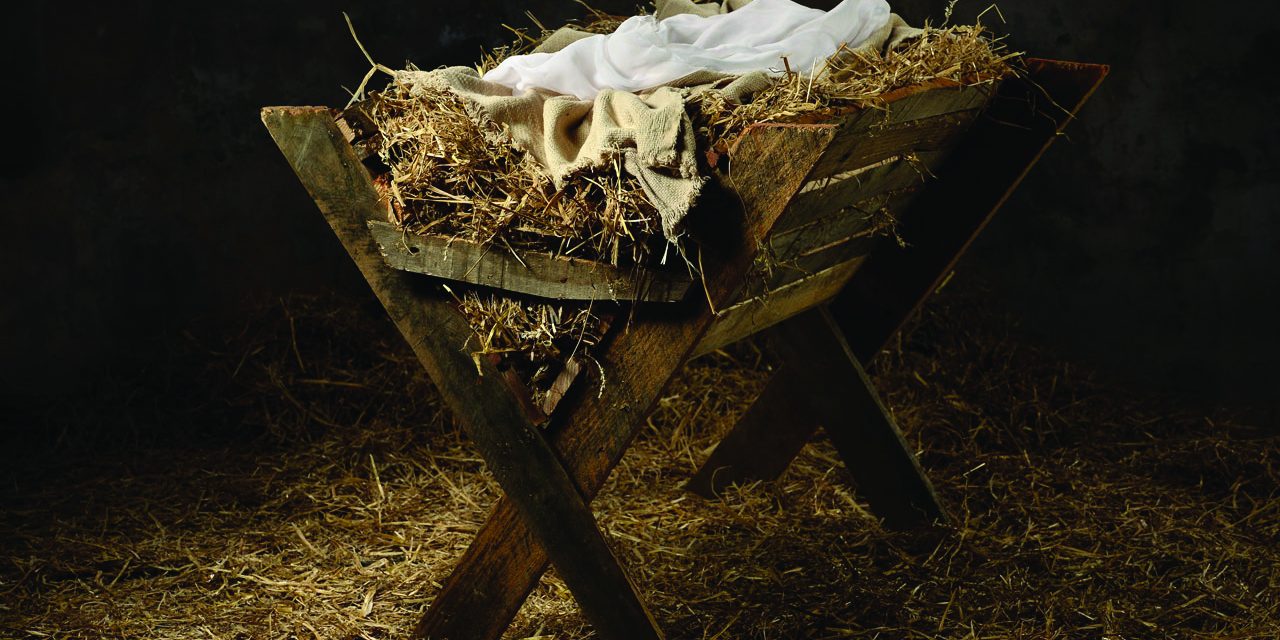It is easy to rebuke others for making Christmas about all the wrong things. Santa Claus, Black Friday, Cyber Monday, catchy tunes like Elmo and Patsy’s “Grandma Got Run over by a Reindeer,” a stirring rendition of “Twas the Night before Christmas,” or fruitcake and figgy pudding, just to name a few.
More importantly, however, God’s people must focus on THE glorious truth of Christmas, the incarnation. John’s Gospel offers the most explicit statement, insisting that the Word that was God also became flesh and dwelt among us (John 1:1, 14). The angelic declaration to the shepherds in Luke 2:11 that “To you is born this day in the city of David a Savior, who is the Messiah, the Lord,” speaks to the same reality, that Jesus was God in the flesh, that is, incarnate.
The early church’s reflection on this reality resulted in the Council of Chalcedon’s statement in A.D. 451 that Jesus was not two persons but rather a single person, yet existing in two natures, supremely human and fully divine.
In addition to the incarnation itself, we must also reflect on the manner in which God brought about Jesus’ incarnation during the Christmas season. Although God could have done it any way God wanted, He chose to do it through a virginal conception.
Both Matt. 1:18-25 and Luke 1:26-38 leave no doubt that Jesus was conceived not via sexual union between a man and a woman, Mary, but rather by the power of the Holy Spirit. Matthew saw this event as a fulfillment of Isaiah 7:14, “See, the virgin will conceive and give birth to a son, and they will name him Immanuel, which means God is with us.”
It is remarkable that Matthew, Luke and the early Christians embraced such a story, knowing that it would inevitably lead to charges by opponents that Jesus was illegitimate, a charge we find in the third-century debate between Celsus the Jew and Origen the early Christian theologian. That early Christians told this story consistently and without shame is a strong witness to truth of their claims.
Finally, in reflecting on the concrete reality of the incarnation, it is another Messianic passage from Isaiah that reveals more startling truth. Isaiah 9:2-6 begins, “The people walking in darkness have seen a great light… on those living in the land of darkness.”
Isaiah continues, “You have shattered their oppressive yoke and the rod on their shoulders, the staff of their oppressor… For every trampling boot of battle and the bloodied garments of war will be burned as fuel for the fire. For a child will be born for us, a son will be given to us, and the government will be on his shoulders.”
With the threat of bloody warfare in the images of warrior’s boots and bloodied garments, we would expect a warrior messiah more like Achilles or Ben Hur, at least a roaring lion. But no. These horrific images are followed by the words “unto us a child is born.”
This infant was born in a feeding trough for animals in a backwater village called Bethlehem to a peasant mother with a few lowly shepherds as guests of honor in a land occupied by the world’s great military superpower, Rome. And yet, the soft cries of this child are more deafening than any bomb and will eventually triumph over all God’s enemies, whether flesh and blood or spiritual, whether on earth or in the heavenlies.
May we ponder this sacred mystery this Christmas in a world filled with war and rumors of war that true power is displayed not in weapons of war but belongs to the vulnerability of a newborn baby. Two thousand years later, no one bows to Caesar Augustus, Quirinius of Syria, Herod the Great, or any politician or president who think themselves worthy of worship. This Christmas, however, untold millions will bow before Jesus as Lord and Savior. Hallelujah what a Savior!





